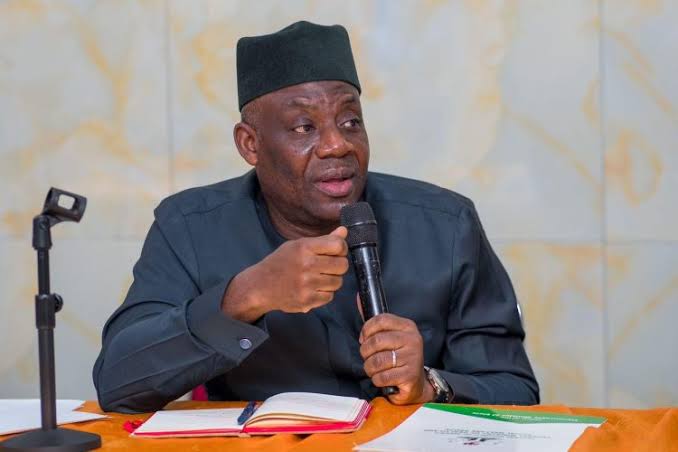Citizens Question The Credibility Of INEC Amid Borno’s Voter Surge Despite Insecurity

In a stunning revelation that has left many Nigerians scratching their heads, the Independent National Electoral Commission (INEC) announced that Borno State, long ravaged by insurgent attacks and mass displacements, leads the nation in new voter pre-registrations with over 783,000 entries. This comes as part of the ongoing Continuous Voter Registration exercise, where the total national figure stands at about 7.4 million. Yet, in a land where daily life is punctuated by bombings, kidnappings, and abject poverty, how does a state under siege manage to outpace more stable regions like Lagos? The irony is palpable: a place synonymous with fear and flight now boasts the highest civic engagement on paper.
Delving deeper, INEC’s data shows Borno’s numbers surging dramatically in recent weeks, far exceeding expectations for a population estimated at around 5 million, many of whom are huddled in internally displaced persons (IDP) camps. Officials attribute this to targeted awareness campaigns and online registration tools that allow sign-ups from safer urban pockets. But skeptics whisper of anomalies—could IDP camps, meant for survival, be doubling as hubs for inflated registrations? The paradox deepens when considering that insecurity has historically suppressed voter turnout elsewhere, yet here it seems to fuel a registration boom.
Contrast this with Abia State in the Southeast, which languishes at the bottom with a mere 6,000 pre-registrations, despite a similar population size and relative peace. Residents there cite disillusionment from past electoral irregularities as a deterrent, painting a picture of regional disparities that favor the North. Why, then, does turmoil in Borno appear to correlate with electoral enthusiasm, while calm in Abia breeds apathy? This uneven landscape raises eyebrows about whether systemic biases or unseen forces are at play in INEC’s processes.
Citizens and analysts alike are now voicing concerns over potential fraud, pointing to rapid spikes in Borno’s figures that echo past accusations of voter inflation in conflict zones. With the 2027 elections looming, questions swirl: Are these registrations genuine expressions of resilience, or manipulated metrics to sway future polls? The irony stings— a state crippled by violence might hold undue influence, while quieter regions feel sidelined, eroding trust in the democratic framework.
As debates rage on social media and in public forums, INEC maintains that all data is verifiable and urges patience until physical PVC collections. But the perplexing query lingers: In a nation grappling with inequality, does Borno’s lead signal hope amid chaos, or expose cracks in the electoral system’s integrity? Only time—and perhaps independent audits—will tell if this surge is a triumph or a troubling illusion.




